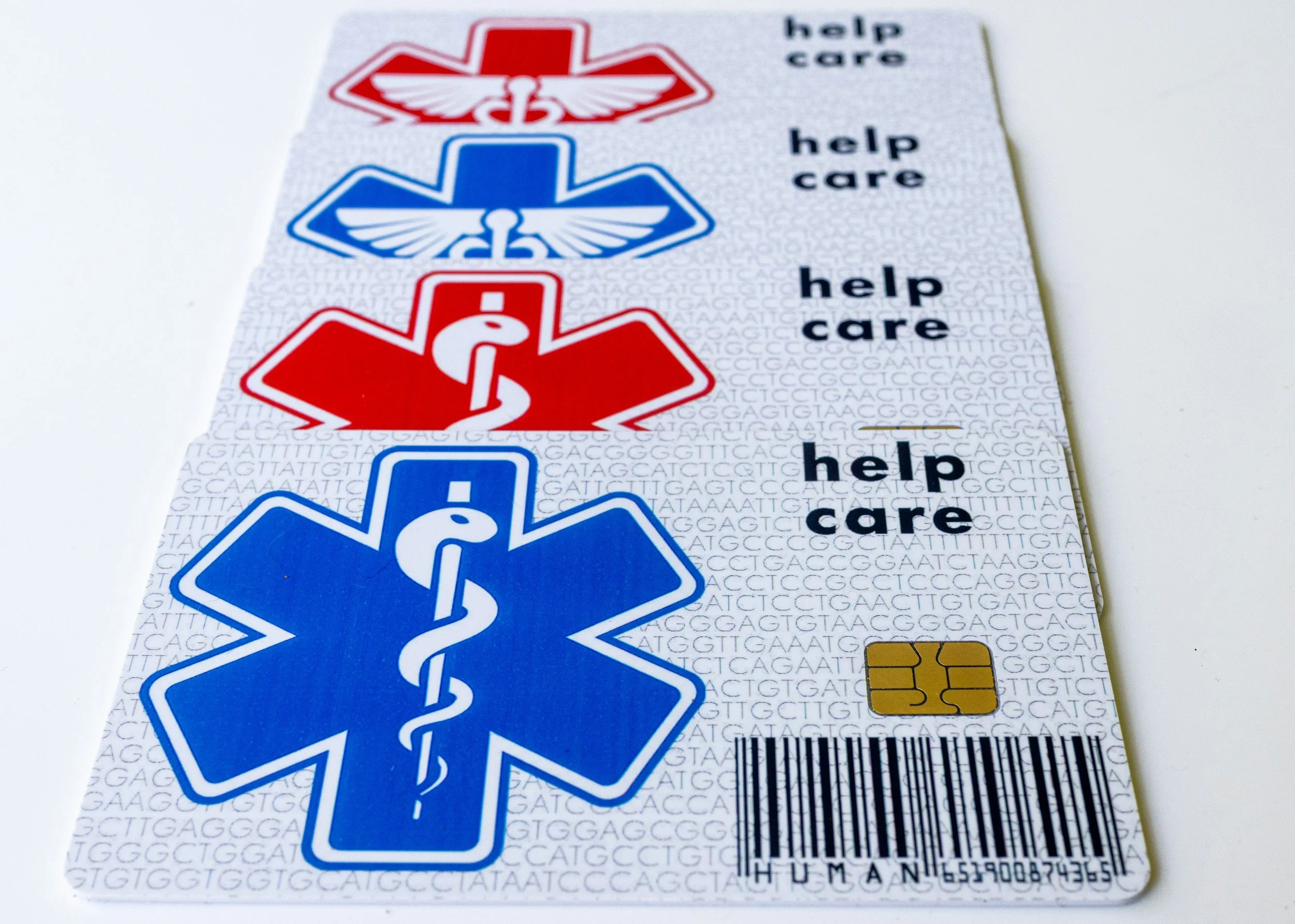Health Hack: How to use your health insurance plan benefits for weight loss services
You can use your Health Savings Account (HSA) for certain weight loss-related expenses if they meet specific criteria. Here’s a summary of how it works:
Eligible Expenses
Medical Care & Programs: You can use HSA funds for medically supervised weight loss programs, including doctor visits and consultations with healthcare professionals such as dietitians and therapists.
Weight Loss Medications: Prescribed weight loss medications for conditions like obesity or heart disease can be covered, provided you have a letter of medical necessity from your healthcare provider.
Other Treatments: Eligible expenses include nutritional counseling, weight loss injections, and surgical interventions like gastric bypass.
Ineligible Expenses
Gym Memberships: These are generally considered wellness expenses and not eligible.
Wellness Items: Organic foods, nutritional supplements, and spa memberships are not covered.
Utilizing Your HSA
Direct Payment: Use an HSA debit card at the time of purchase for eligible expenses.
Reimbursement: If you pay out of pocket, you can submit a request for reimbursement to your HSA administrator.
Maximizing Your HSA
Contribute the Maximum: In 2024, individuals can contribute up to $4,150; families can contribute up to $8,300.
Employer Contributions: Check if your employer matches contributions.
Interest Earnings: HSAs can earn interest tax-free, and some allow investment in mutual funds.
FSA Considerations
You can also use a Flexible Spending Account (FSA) for weight loss costs, but remember:
The full annual contribution is available at the start of the plan year.
FSAs typically have a "use-it-or-lose-it" policy regarding unused funds.
Documentation
Keep receipts and relevant documentation for all expenses paid with your HSA to ensure compliance and avoid penalties.
By understanding eligible expenses and maintaining proper documentation, you can effectively utilize your HSA for weight loss-related costs.
Are concerns regarding costs holding you back from making the changes to your health that you desire? At Tiffany Adult Wellness and weight loss our team of experienced professionals is here to support you every step of the way on your journey to a healthier you, including providing you with the documentation you need to utilize the health care benefits you already have. Offering personalized plans tailored to your specific needs and goals, we provide a comprehensive approach to weight loss that includes medical supervision, nutritional guidance, and ongoing support. Don't wait any longer to take control of your health - get started today with Tiffany Adult Wellness and let us help you achieve lasting results. Request an appointment today!
What you need to know about medically assisted weight loss now
Obesity plagues on average 7 in 10 American adults according to the Centers for Disease Control and Prevention (CDC). Weight loss is difficult for many people and studies show that only 1 in 5 adults in the United States successfully lose weight on traditional exercise and diet programs. Unless you have been living under a rock, you have seen all over the news and online many celebrities and regular people miraculously losing weight faster than ever before. What has been revealed is that many of these people are utilizing medical assistance to achieve their weight loss goals.
What is medically assisted weight loss?
Medically assisted weight loss involves the use of medical interventions, under the supervision of healthcare professionals, to help individuals lose weight. This approach is often recommended for those who have struggled with weight loss through diet and exercise alone, or for individuals with obesity and obesity-related health conditions. Under the supervision of a medical team that may include a dietician, nurse practitioner, physician or therapist, these patients recieve a multidisciplinary approach to weight loss that includes meal planning, behavioral therapy, medication, physical activity and in some cases surgery.
Prescription Medication
The Food and Drug Administration (FDA) is responsible for protecting the public by ensuring safety, security and efficacy of human drugs. Some medications have been approved by the FDA to treat obesity and are available for medically assisted weight loss. Some of these medications include:
Trizepatide (Zepound, Monjaro)
Semaglutide (Ozempic, Wergovy, Rybelsus)
Pentermine (Pro-Fast, Lomaira, Adipex-P)
Liraglutide (Victoza, Saxenda)
Orlistat (Xenical. Alli- available over the counter without a prescription)
Bupropion/Naltrexone (Contrave)
Setmelanotide (Imcivree)
Healthcare provider or team weight loss assistance
Weight loss under the supervision of a healthcare provider drastically increases the chances of losing weight successfully. These professionals offer expertise while providing support and accountability through out your weight loss process. A nurse practitioner, physician assistant or doctor can prescribe medication, provide assistance with meal planning, offer health education and provide referrals to other professionals such as surgeons if surgery is recommended. Excess weight gain may also be linked to habits, emotions and choices. Multiple failed weight loss attempts can also contribute to mental health conditions such as anxiety and depression. A mental health professional can provide counseling and behavioral therapy to help you overcome emotional barriers and teach alternative coping mechanisms through behavior modification strategies.
Surgery and Devices
There are a range of procedures for medically assisted weight loss that include sleeve gastrectomy, gastric bypass and adjustable gastric banding. Medical devices such as laparoscopic adjustable gastric banding (LAGB) and medication-like devices like Plenity may be used to assist with weight loss. These options must be inserted surgically or are not absorbed by the body. These procedures have risks that include malnutrition and surgical complications. If you are interested in these options, talk to your primary care provider for possible referrals.
What to expect with a medically assisted weight loss program
Just as you are not identical to anyone else, you should expect a unique program that is tailored to your medical history, goals and preferences. All patients are not candidates for weight loss medications due to safety contraindications. If you meet the qualifications for medication, sustainable weight loss will include changes in physical activity and diet as well.
To begin any program, you should expect an initial assessment by a provider to evaluate your weight, vital signs and medical and family history. They should ask questions about your exercise routine, eating habits, current medications and medical history to ensure any options you chose are safe and appropriate. You should be offered a program that includes dietary and physical activity adjustments and ongoing monitoring and follow-up.
Get started with medically assisted weight loss with Tiffany Adult Wellness and Weight loss
With Tiffany Adult Wellness and Weight loss you can find a licensed provider to help you meet your weight loss goals. Schedule your initial appointment for help and support through Tiffany Adult Wellness and Weight loss today.






